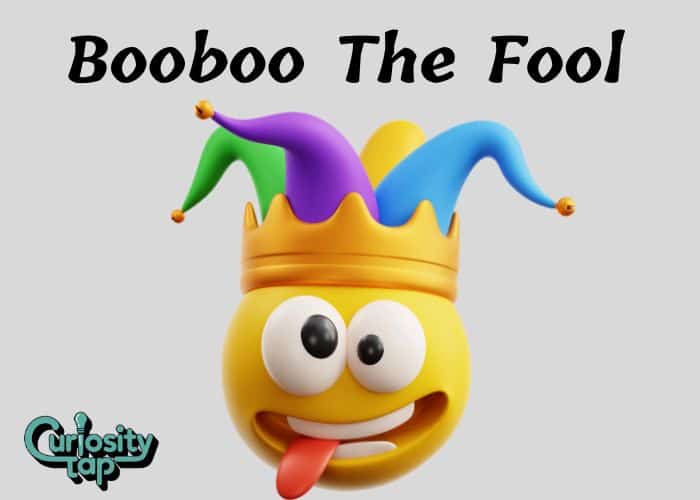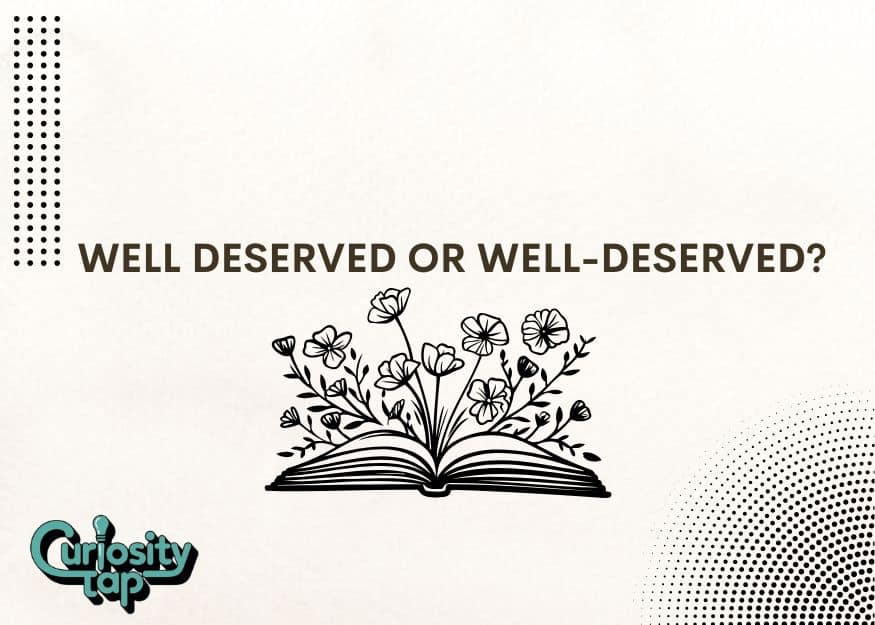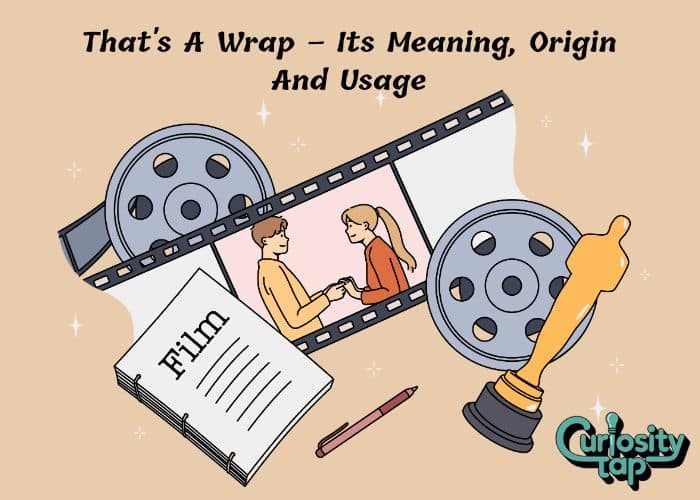In the vast landscape of colloquial expressions and internet slang, few phrases capture the essence of self-awareness and humorous regret quite like “Booboo The Fool.”
This endearing yet pointed expression has become a staple in modern conversations, particularly in digital spaces where people share their most embarrassing moments and silly mistake sayings.
But what exactly does this phrase mean, and how did it evolve from a cartoon-inspired idiom to a widely recognized way of admitting one’s naivety?
Understanding the Core Meaning of “Booboo The Fool”
Booboo The Fool serves as a self-deprecating phrase that people use when they realize they’ve been deceived, manipulated, or have made a foolish decision.
Unlike harsh self-criticism, this expression carries a lighthearted tone that allows individuals to acknowledge their mistakes without being overly harsh on themselves.
When someone says “I’m Boo Boo the Fool,” they’re essentially admitting that they were gullible or naive in a particular situation.
The phrase functions as both a declaration of self-awareness and a form of humor and self-deprecation. It’s particularly effective because it transforms potentially embarrassing moments into opportunities for laughter and learning.
Rather than dwelling on the negative aspects of being played or deceived, users of this expression choose to embrace their humanity and imperfection with a smile.
The Cultural Origins and Pop Culture Influence
The roots of “Booboo The Fool” can be traced back to the beloved Yogi Bear cartoon that dominated television screens during the 1950s and 1960s. Boo Boo, Yogi’s loyal companion, was often portrayed as the more cautious and sensible character, though he frequently found himself caught up in Yogi’s schemes.
The character’s name became synonymous with someone who, despite their best intentions, ends up in foolish situations.
However, the transformation of Boo Boo from a cartoon character to a cultural slang expression didn’t happen overnight. During the late 1980s and early 1990s, the phrase began evolving in urban communities, where pop culture references often influence everyday language.
The addition of “the Fool” created a more emphatic and memorable expression that perfectly captured the feeling of being outwitted or deceived.
This evolution represents a fascinating example of how cultural references in language can take on new meanings and applications far removed from their original context.
The Yogi Bear cartoon provided the foundation, but it was the creativity and humor of everyday speakers that transformed it into the versatile expression we know today.
Real-World Applications and Usage Scenarios
Recognizing Deception and Calling Out Lies
One of the most common uses of “Booboo The Fool” occurs when someone realizes they’ve been the victim of deception or trickery. For example, imagine Sarah discovers that her online date has been using fake photos and fabricated stories about his career.
Instead of expressing anger or hurt, she might text her friend saying, “Well, I guess I’m Booboo The Fool for believing Marcus was actually a doctor who owns three restaurants.”
This usage demonstrates how the phrase allows people to process disappointment while maintaining their sense of humor and dignity. It’s particularly effective in online shopping scams situations, where individuals might say, “I ordered those designer shoes for $20 and got plastic sandals – call me Booboo The Fool!”
Workplace Exploitation and Professional Mistakes
The phrase also finds frequent use in professional contexts where people feel they’ve been taken advantage of. Consider Jennifer, who worked overtime for weeks expecting a promotion that never materialized.
Rather than expressing bitter disappointment, she might tell her colleagues, “I stayed late every night for nothing – I’m Booboo The Fool for thinking dedication automatically equals advancement.”
This application highlights how the expression can help people process workplace exploitation while maintaining professionalism and avoiding overly negative self-talk.
Financial Borrowing and Trust Issues
Trust and betrayal dynamics often provide perfect contexts for using “Booboo The Fool.” When Alex lends money to a friend who disappears without repaying, he might reflect, “I gave David $500 without getting anything in writing – I’m Booboo The Fool for thinking friendship guarantees financial responsibility.”
Also Read: Fishing In The Dark – Its Meaning, Origin And Usage
Creative Alternatives and Related Expressions
While “Booboo The Fool” remains unique in its cartoon-inspired charm, several lighthearted insult alternatives serve similar purposes in different contexts:
Clueless Charlie works well for situations involving general confusion or misunderstanding. Goofy Gus carries a more playful tone perfect for minor mistakes. Silly Sam provides a gender-neutral option that maintains the alliterative appeal of the original.
More traditional alternatives include dunderhead, nimrod, and airhead, though these lack the specific cultural resonance and humor of “Booboo The Fool.” Some people prefer space cadet or knucklehead for their retro appeal, while others gravitate toward bumbling buffoon or doofus for their descriptive power.
The Psychology Behind Self-Deprecating Humor
The popularity of “Booboo The Fool” reflects a broader human tendency to use humor as a coping mechanism for embarrassment and disappointment. Humorous regret phrases like this one serve several psychological functions:
They allow people to acknowledge mistakes without harsh self-judgment, maintain social connections by inviting others to laugh with rather than at them, and demonstrate self-awareness and emotional intelligence.
The phrase’s lighthearted nature makes it easier for people to share their experiences and learn from them without feeling overwhelmed by shame or regret.
Digital Age Evolution and Social Media Impact
The rise of social media has significantly amplified the use of “Booboo The Fool” and similar cultural slang expressions. Platforms like Twitter, TikTok, and Instagram provide perfect venues for sharing embarrassing moments with humor and relatability.
The phrase’s brevity and memorability make it ideal for hashtags and captions.
Users often pair the expression with stories of everyday blunders, relationship deception, or funny self-critique sayings. This digital proliferation has helped standardize the phrase’s usage while allowing for creative variations and applications.
Appropriate Usage Guidelines and Social Context
Understanding when and how to use “Booboo The Fool” effectively requires consideration of social and conversational tone. The phrase works best in casual, informal settings where humor and self-deprecation are welcome.
It’s particularly effective among friends, family members, or social media followers who appreciate colloquial terms for foolishness.
However, the expression might be less appropriate in formal professional settings or when dealing with serious consequences of poor decisions. While it’s perfect for admitting you bought an expensive gadget you didn’t need, it might not be suitable for discussing major life decisions or situations involving significant harm to others.
The Future of “Booboo The Fool”
As language continues to evolve in our digital age, “Booboo The Fool” appears poised to maintain its relevance and popularity. Its combination of nostalgic pop culture references, humor, and practical application ensures its continued use across generations and platforms.
The phrase represents more than just a funny self-critique saying – it embodies a healthy approach to mistake admission and self-awareness that many people find both relatable and aspirational. In a world where perfectionism and harsh self-judgment are increasingly common, “Booboo The Fool” offers a gentler, more forgiving alternative.
Conclusion
“Booboo The Fool” stands as a testament to the creativity and wisdom embedded in everyday language. From its origins in the beloved Yogi Bear cartoon to its current status as a widely recognized phrase for being tricked, this expression has evolved to serve important psychological and social functions.
Whether used to process deception, acknowledge gullible behavior, or simply add humor to life’s inevitable mistakes, “Booboo The Fool” provides a perfect balance of self-awareness and lighthearted acceptance.
Its continued popularity suggests that people will always need ways to laugh at themselves while learning from their experiences.
In a world full of misguided decisions and naive moments, perhaps we could all benefit from embracing our inner Booboo The Fool – not as a mark of shame, but as a badge of humanity, humor, and growth.
Read more knowledgeable blogs on Curiosity Tap
Is this article helpful?

Jackson Pearson is a passionate educator and language enthusiast behind the blog Jackson Pearson. With years of experience in teaching and writing, he specializes in simplifying complex grammar rules, breaking down tricky vocabulary, and crafting learning guides that are both engaging and practical. His mission is to help readers boost their English skills whether they’re beginners or brushing up for fluency. Through every article, Jackson brings clarity, structure, and a spark of curiosity to the world of English learning.



